Sore throat
Most sore throats will not be helped by antibiotics whether they are an infection or not. Most sore throats are caused by a virus. A virus that causes a sore throat will not be killed by an antibiotic.
An example of a viral sore throat is one you get when you have a cold. Viral sore throats usually get better by themselves within a week. Antibiotics do not fix viral sore throats or colds.
More antibiotics are used in New Zealand than in many other similar countries. Using antibiotics when they are not needed means the bacteria become used to the antibiotics and finally the bacteria get stronger and stronger and can’t be killed by the antibiotics. This is bad for everyone.
Unless someone has ‘strep throat’ they should just use treatments to make their throat feel better until the infection goes away by itself.
The symptoms of a sore throat can vary depending on what caused it. A sore throat can feel:
- scratchy or burning
- raw
- dry
- tender or irritated
It may hurt more when you swallow or talk. Your throat or tonsils might look red. You may also have symptoms that indicate a cold or hayfever: nasal congestion, runny nose, sneezing, cough, hoarse voice, body aches, or headache.
Treatments:
A doctor usually only needs to give antibiotics if:
- a person is at high risk of getting rheumatic fever from a strep throat
- symptoms are really severe or don’t appear to be going away by themselves
- if the doctor believes a person is at risk from any sort of infection, for instance if they are being treated for cancer, immune suppression or lots of health conditions or
- a patient has a lung condition or is at risk of complications like pneumonia.
Research shows that 9 out of every 10 adults with a sore throat will have a viral infection. For children with sore throats about 7 out of 10 will be viral. This means most people will not need an antibiotic for their sore throat.
Most adults will get relief of their symptoms from sucking anti-inflammatory lozenges or from a gargle. Adults or children may have paracetamol or ibuprofen if their throat is really painful. Lots of rest and soothing cold drinks are good for adults and children. Chilled water or ice blocks are good. If it hurts to eat try soft food.
Strep Throat and rheumatic fever
Strep throat is a different type of bacterial infection that does need antibiotics in some people. Untreated Strep throat can lead to rheumatic fever. This is a serious disease that can damage your heart.
In New Zealand, acute rheumatic fever is now almost exclusively a disease affecting Māori and Pacific peoples (usually 4-19 years old). The majority of cases are occurring in low socioeconomic communities in the northern and central North Island and in pockets around the Wellington region.
Strep throat is not as common as the ordinary viral sore throat. Typical symptoms are sore throat, chills, fever, and swollen lymph nodes in the neck. A patient may also have white patches on the tonsils or throat, dark red splotches on the roof of the mouth, and a skin rash.
The signs and symptoms of strep throat are the same for children and adults. Adults are less likely to have strep throat than children. Strep throat needs a throat swab to be sure.
In Bay of Plenty and Northland there are some pharmacies where you can go and get a throat swab if you think you have strep throat. This is a DHB funded service in these areas, and the pharmacy may be able to give antibiotics if needed by you or your child.
If you have ongoing sore throat it is worth checking with your doctor about reflux. This is when acid from the stomach comes back up into your throat. This will burn and cause hoarseness, a cough or sore throat. If you think you have this, check with the doctor about appropriate treatment or investigation.
Remember:
- Sore throat is common, especially in children. Discomfort can range from scratchy and irritated to really painful
- Sore throats are usually caused by a virus but sometimes by a bacteria that causes strep throat
- Strep throat can become rheumatic fever and this is serious.
- If you are at high risk of rheumatic fever get a sore throat checked by a doctor, nurse or pharmacist as you may need antibiotics
- If you are not at high risk of rheumatic fever then antibiotics will probably be of little use for your sore throat and you should treat your symptoms with anti-inflammatory products appropriate for age and severity.
- Talk to your pharmacist to help choose the best products for you.
Written by: Linda Caddick
This blog provides general information and discussion about medicine, health and related subjects. The information contained in the blog and in any linked materials, are not intended nor implied to be a substitute for professional medical advice.






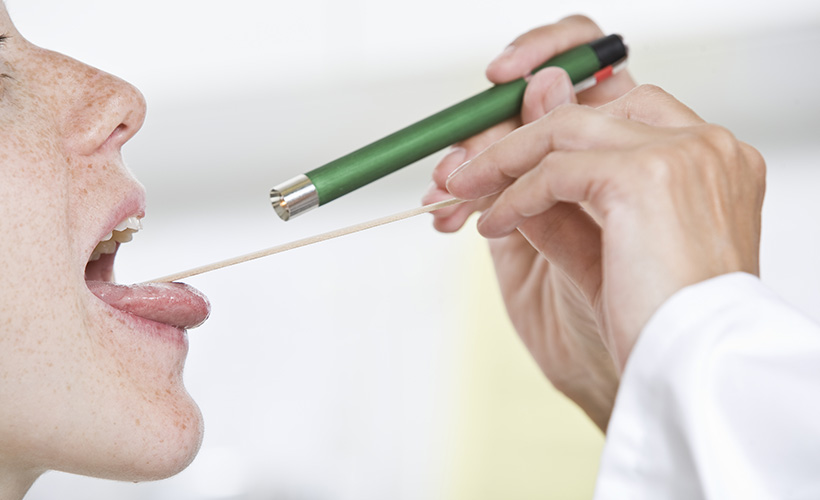
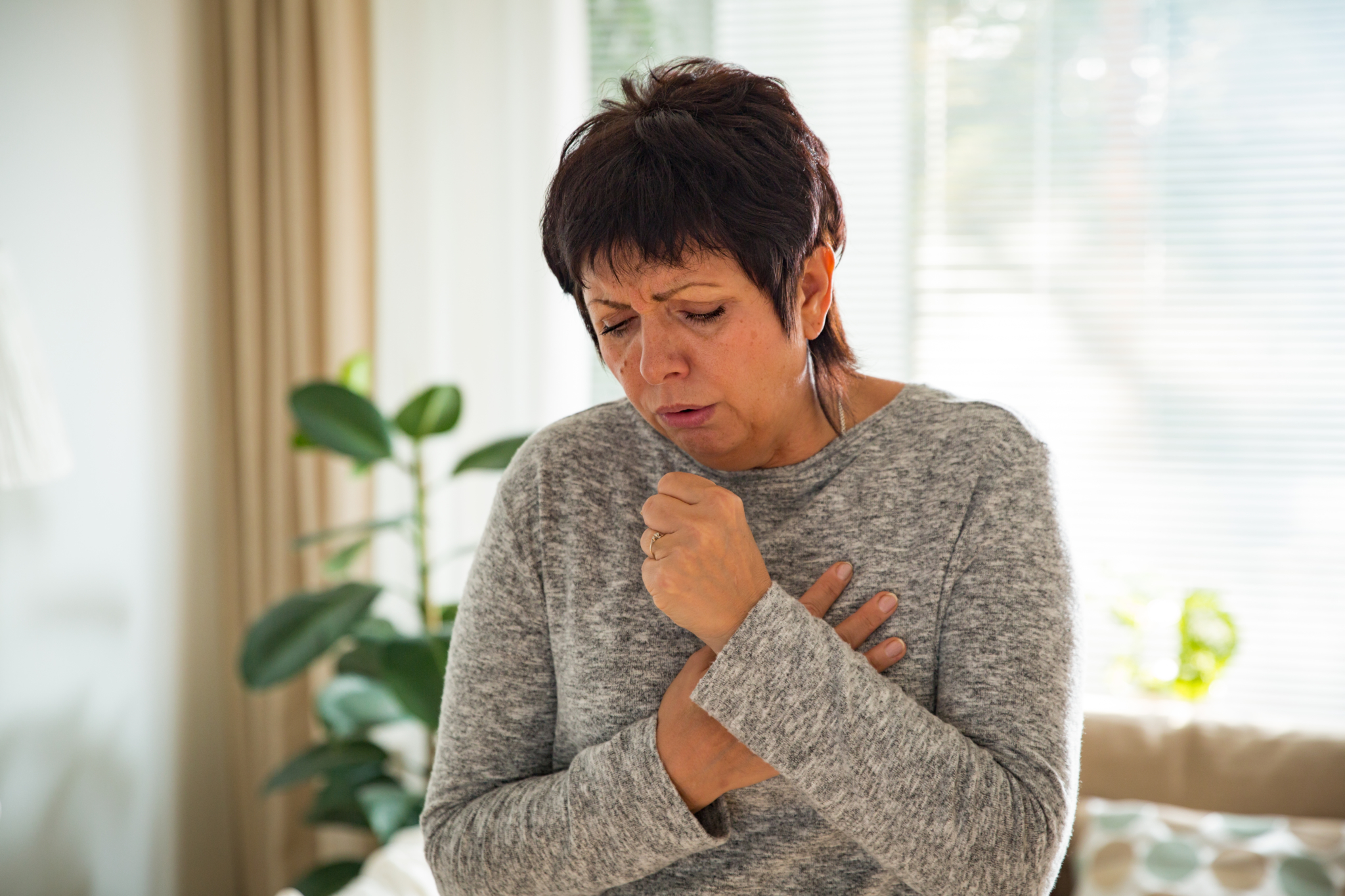

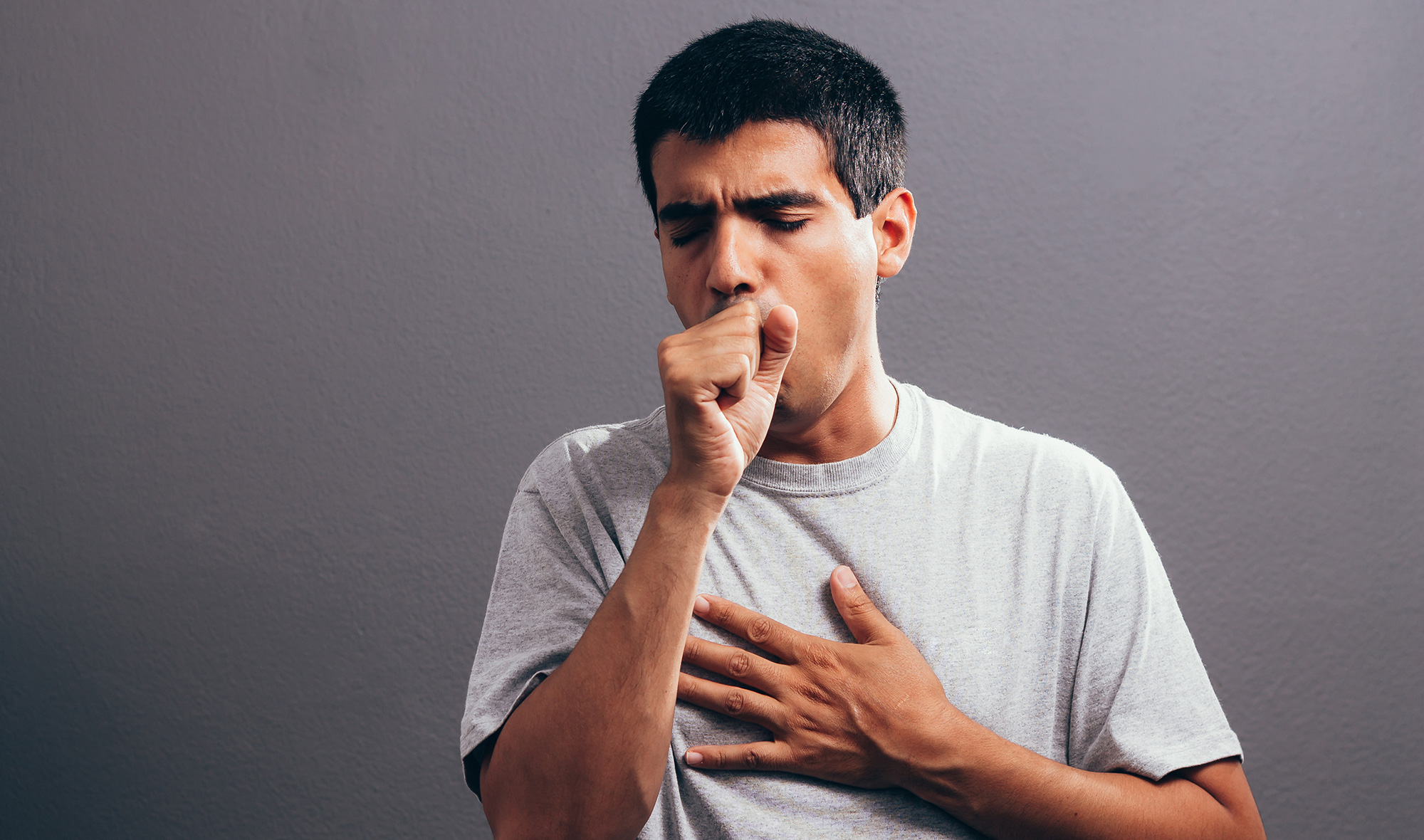
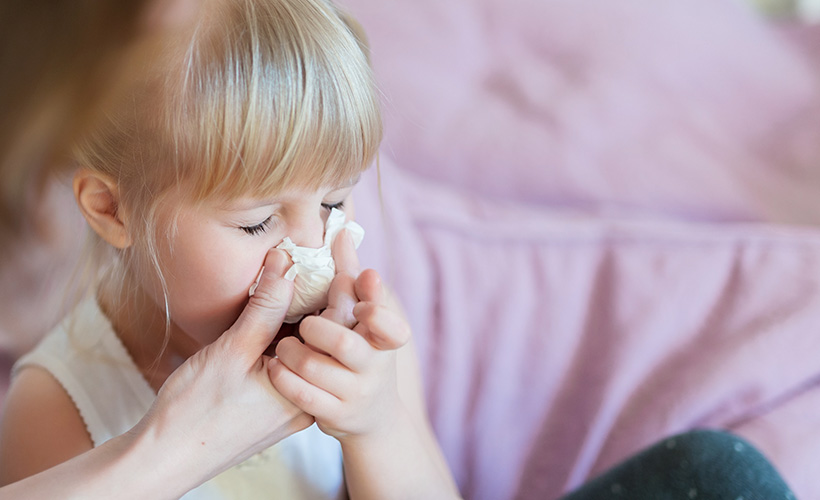



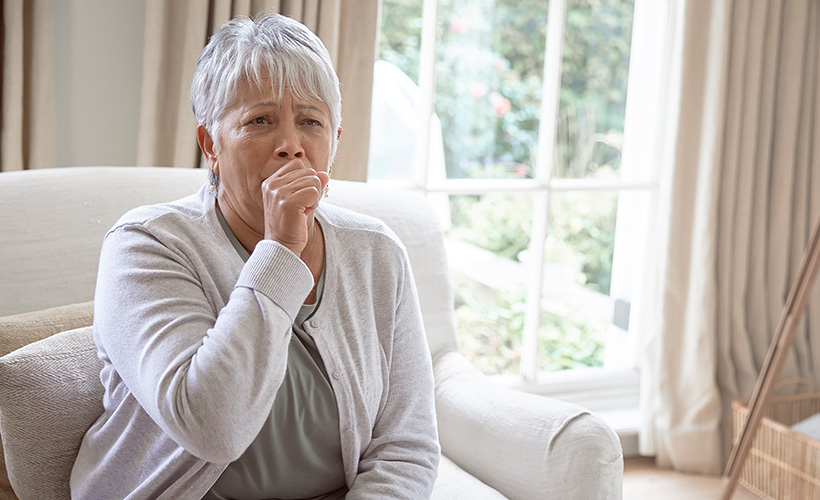


Community